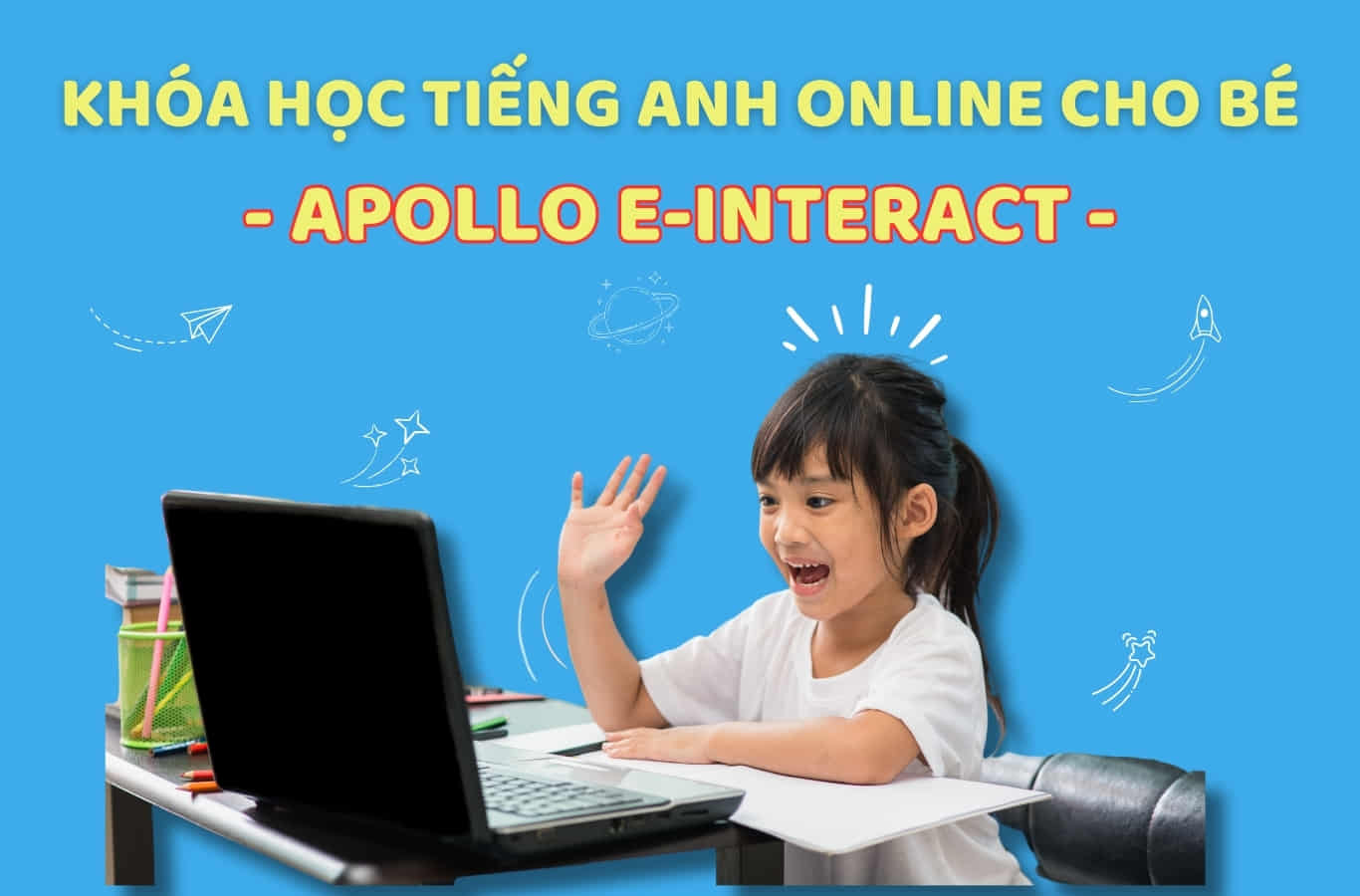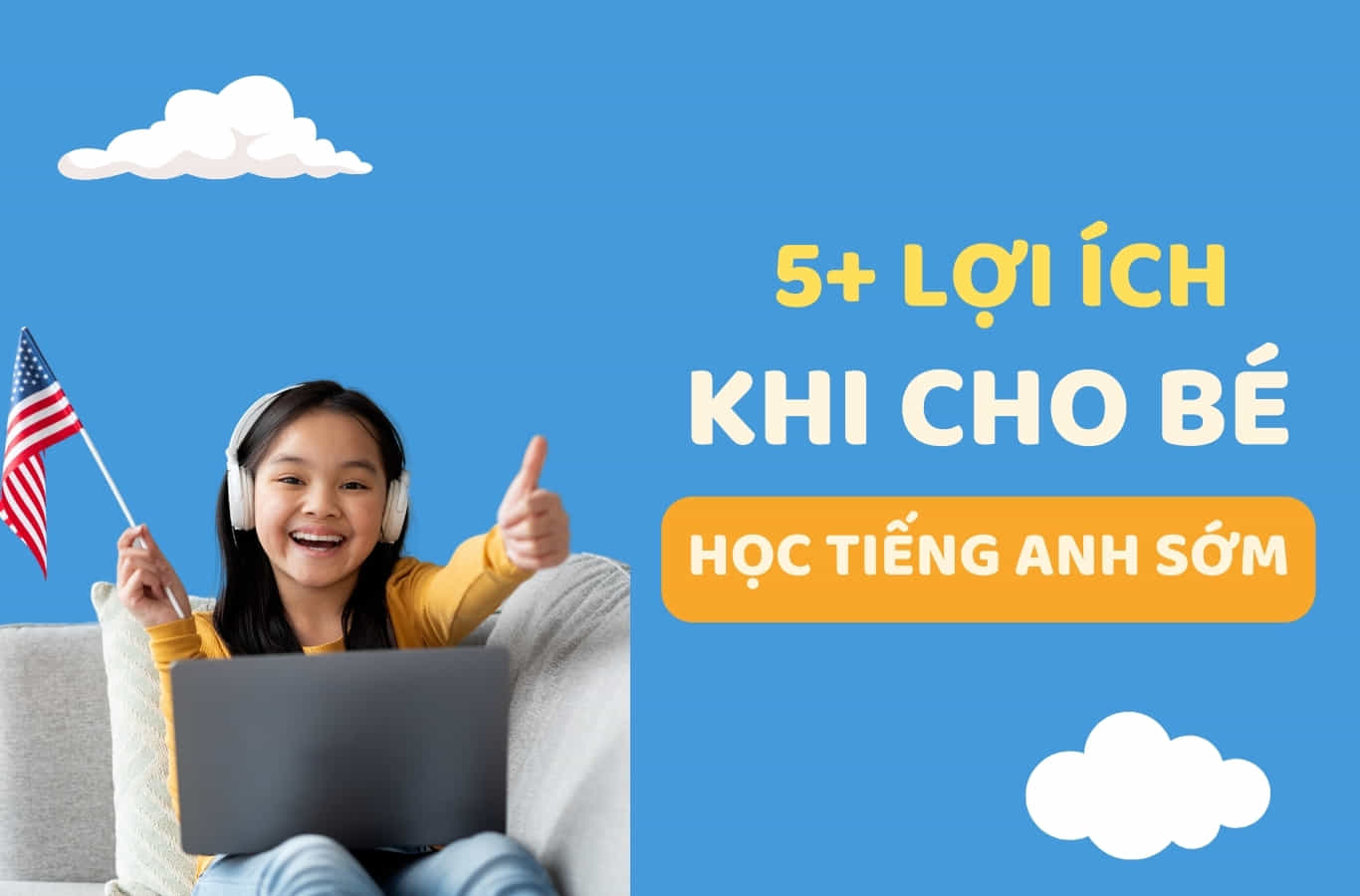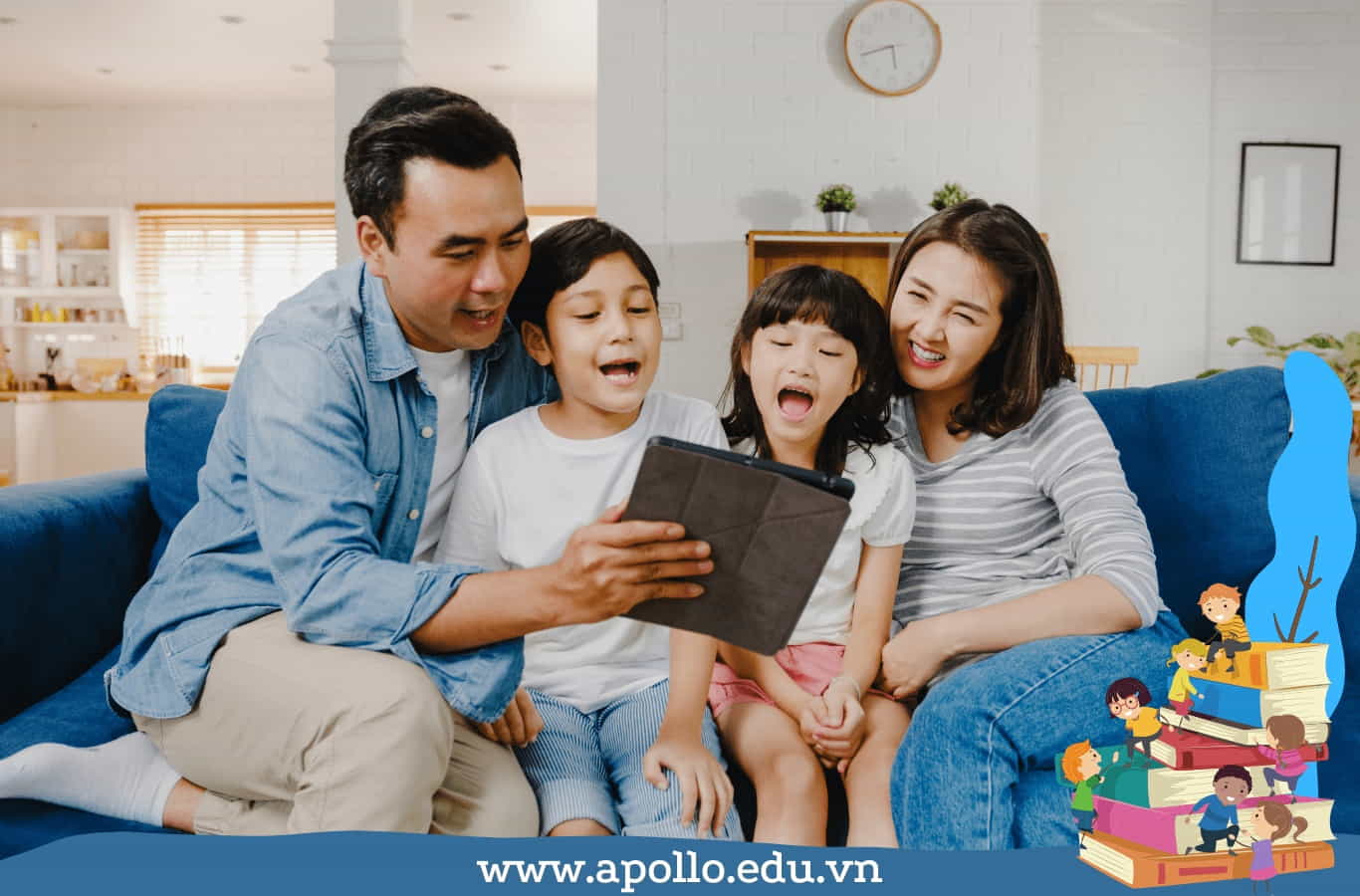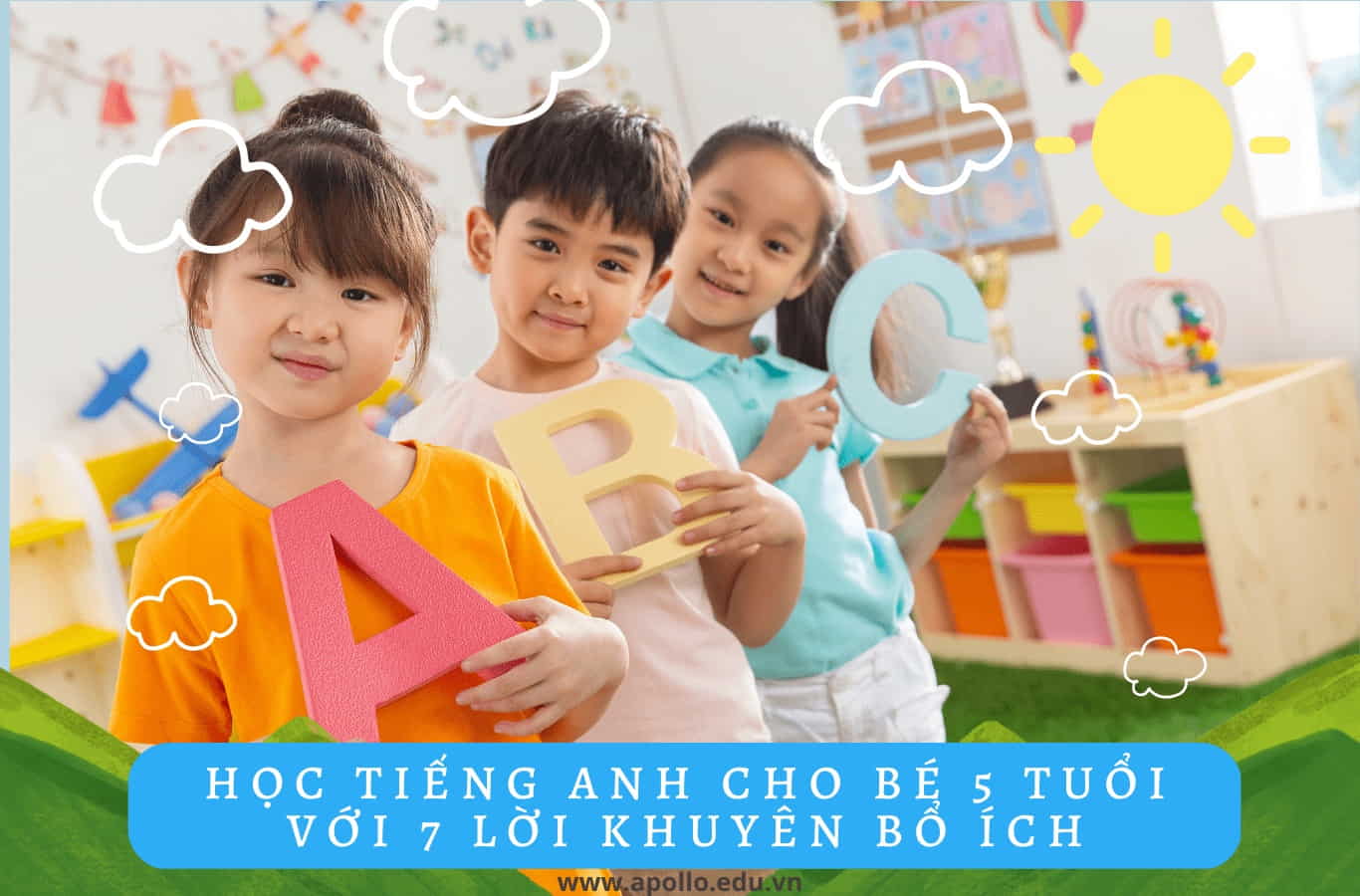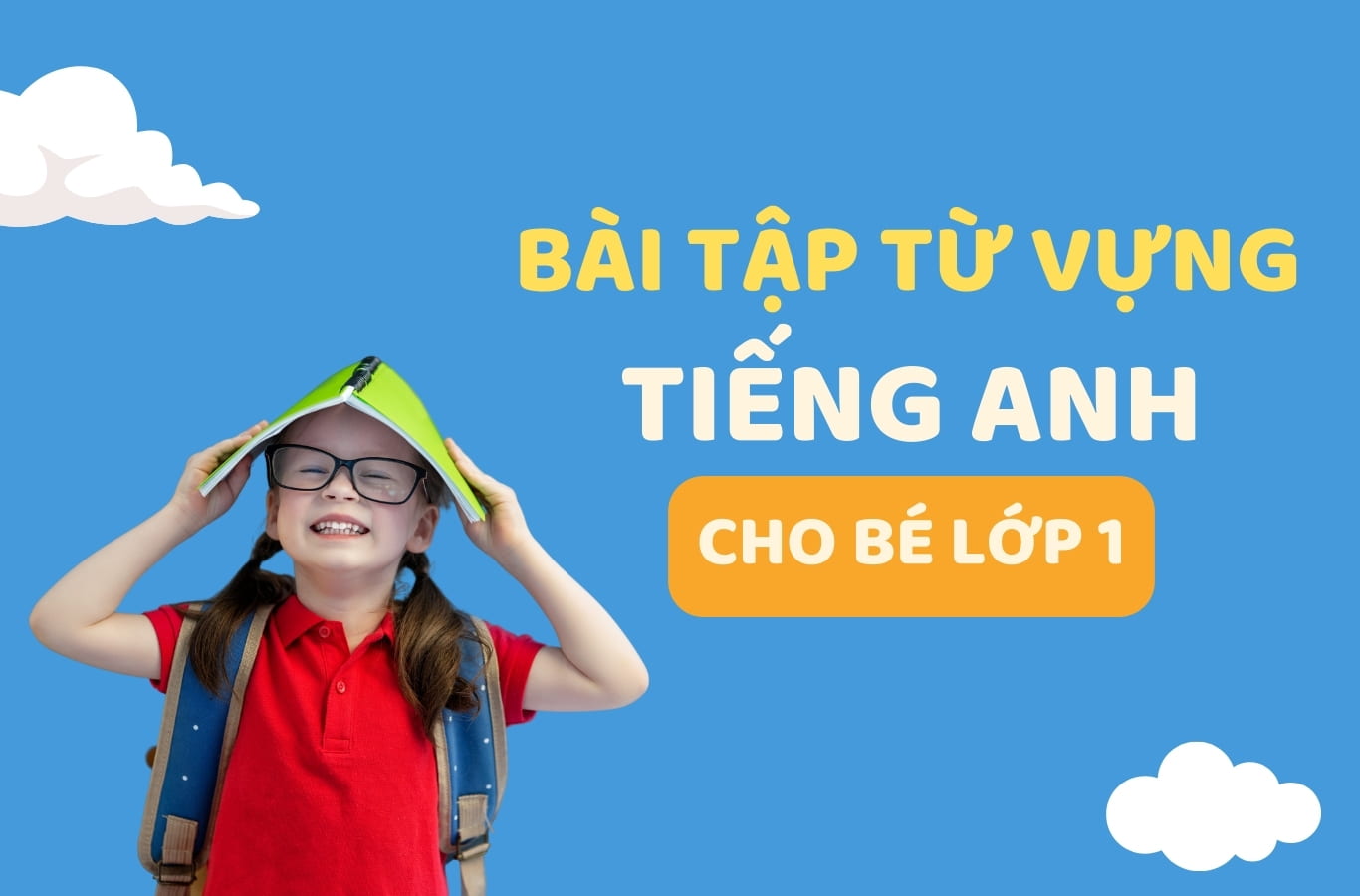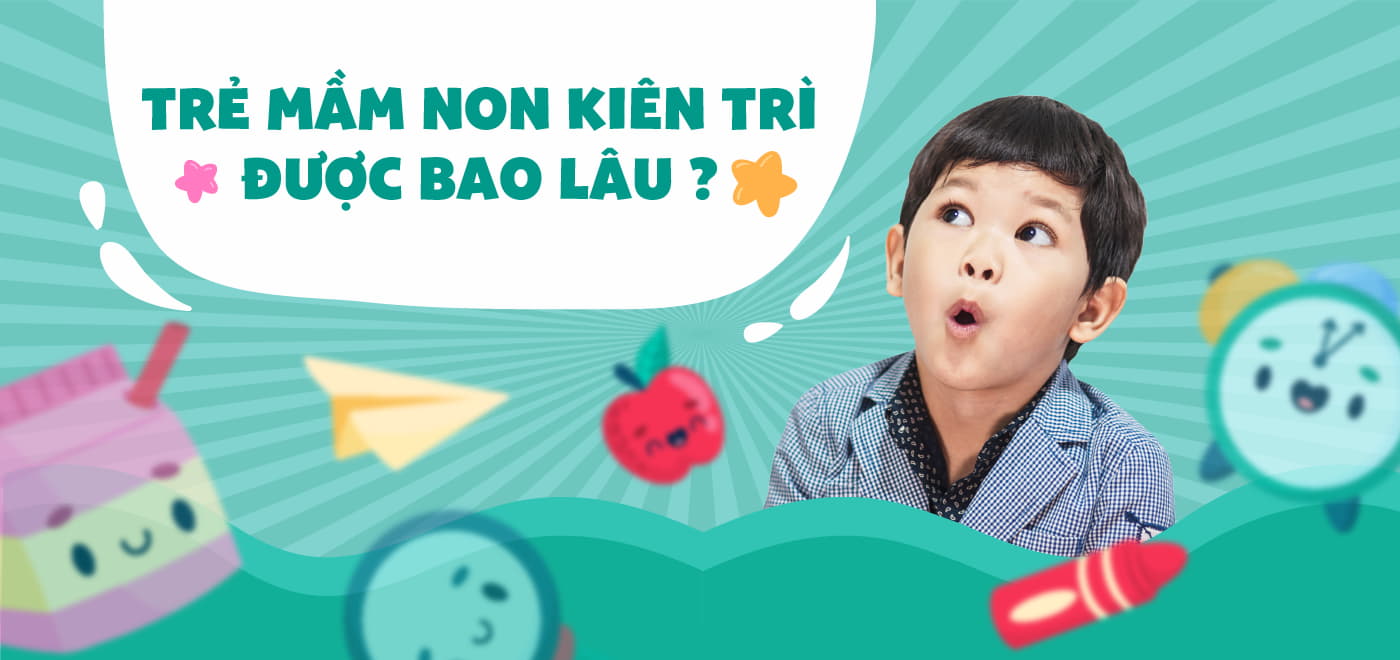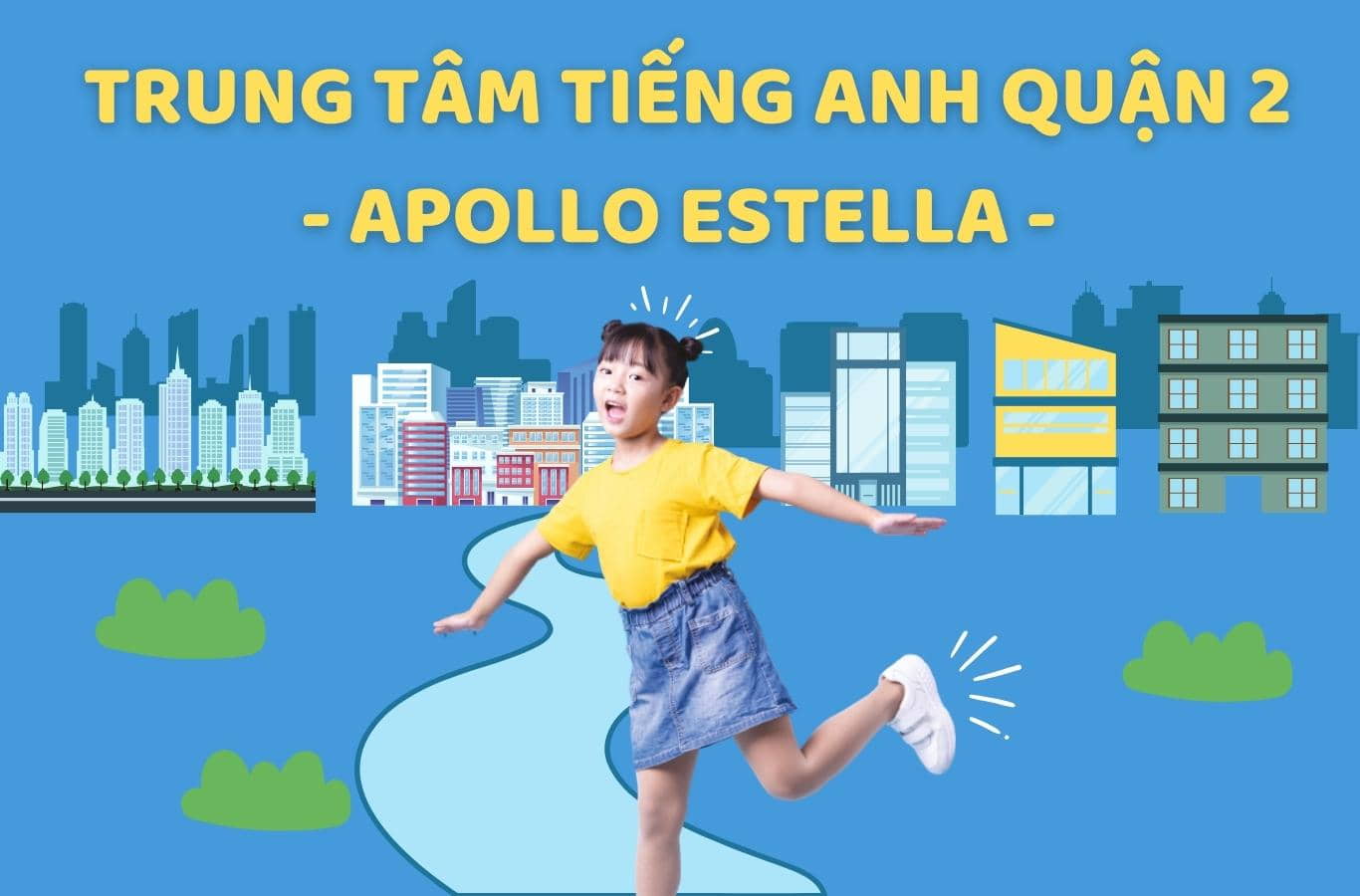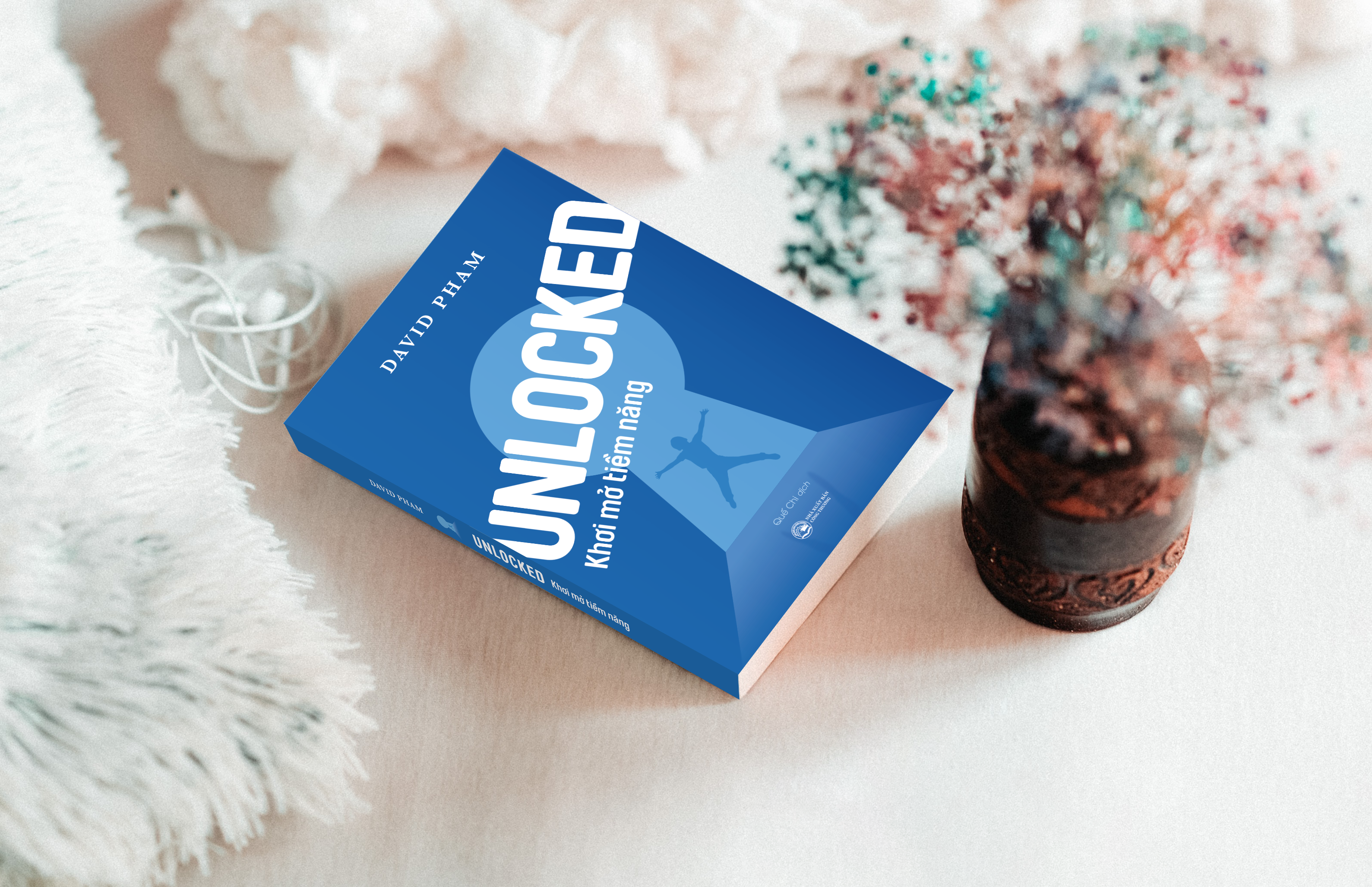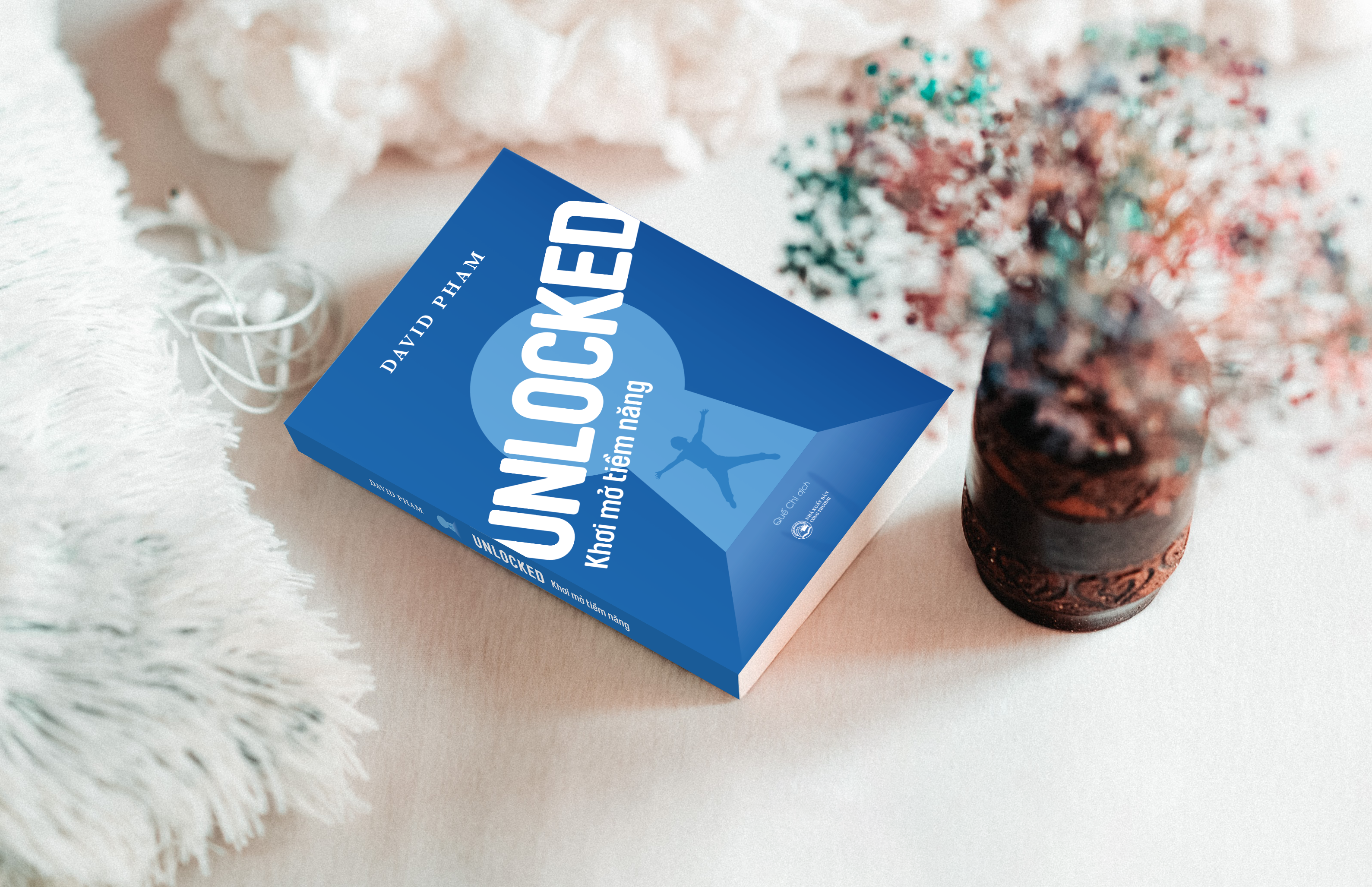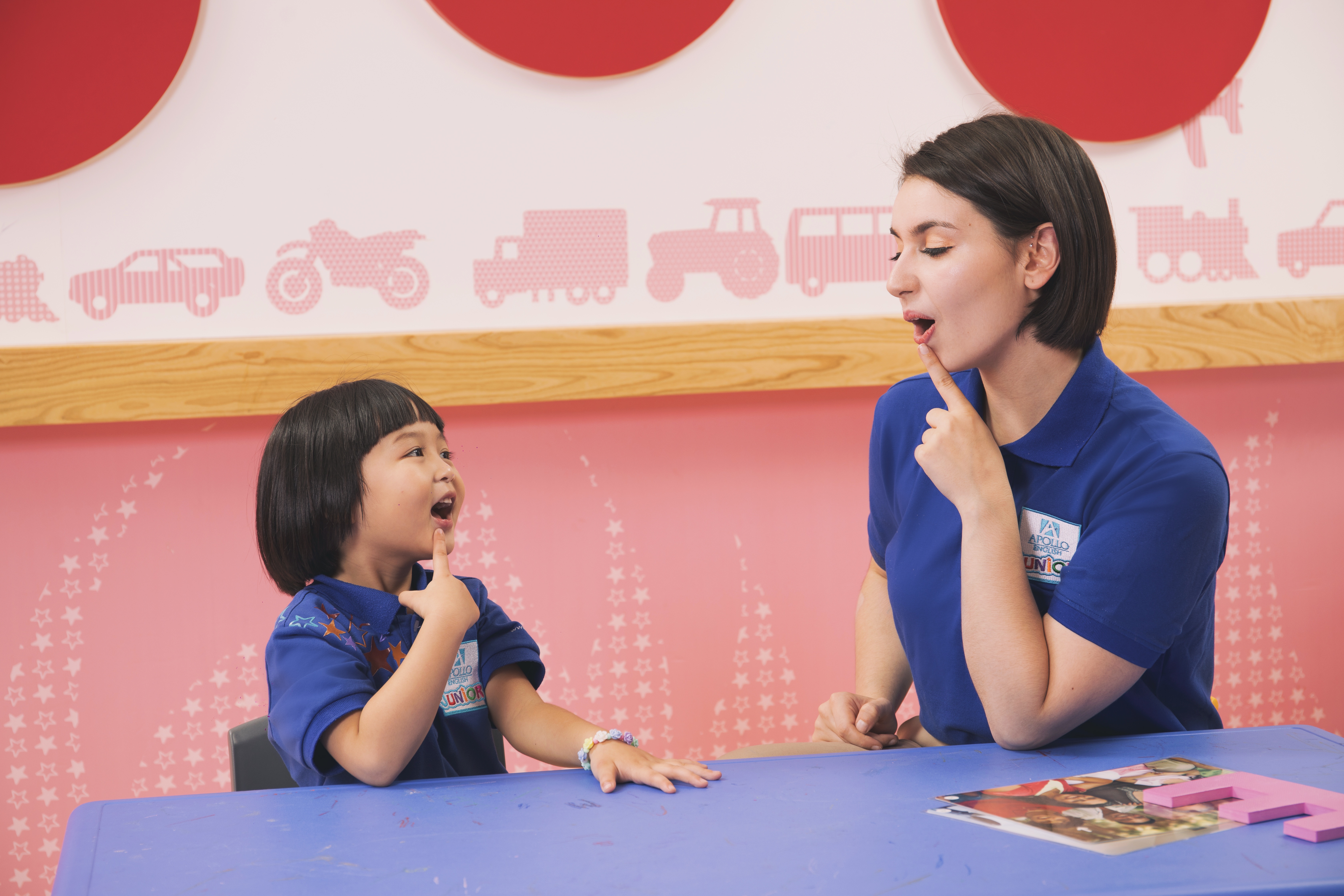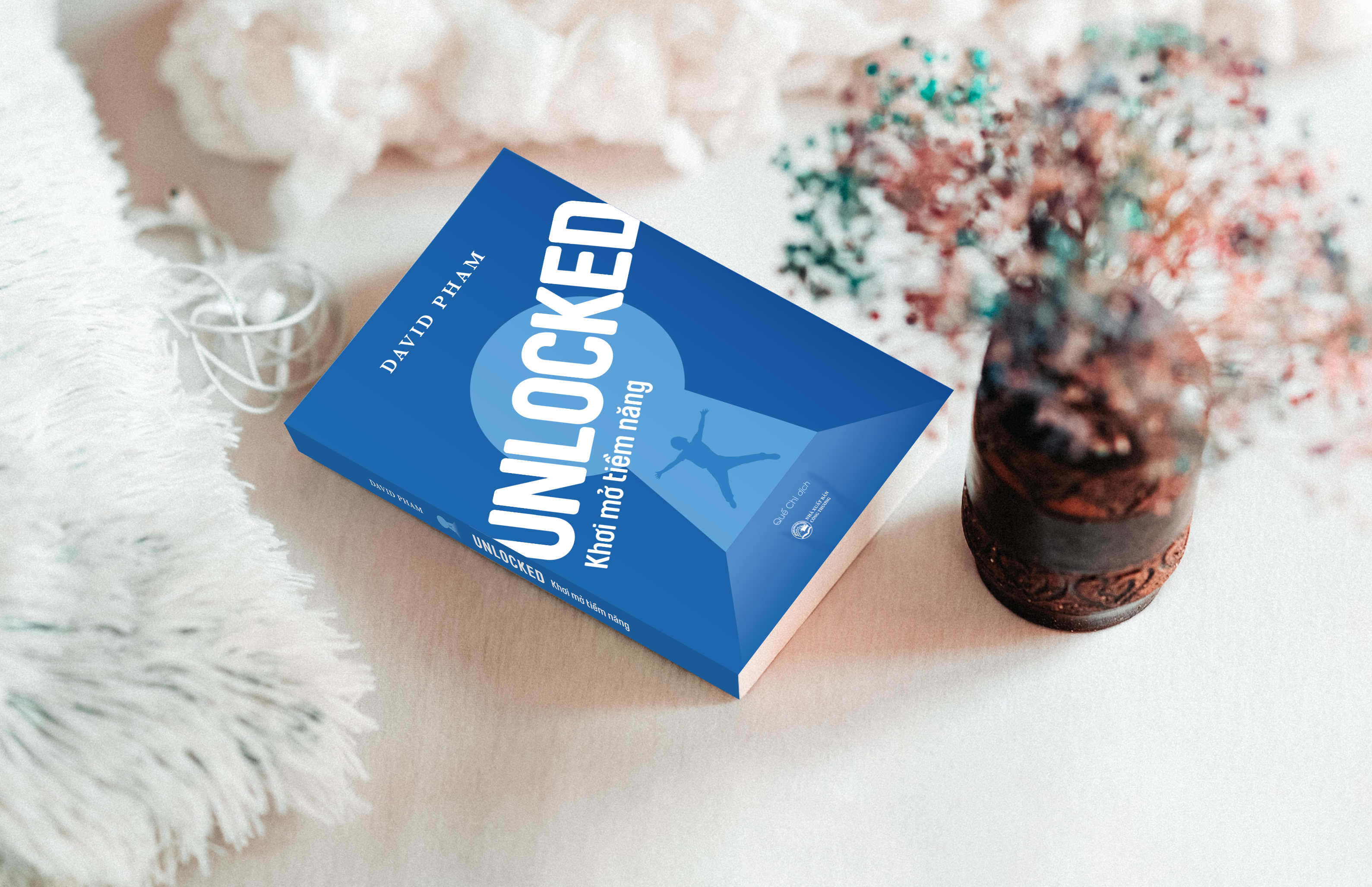CHAPTER 8: SHIFT TO MASTERY LEARNING
Please try to spend 15 mins brainstorming for yourself, try to answer these questions before reading:
1. What is “mastery” learning?
2. How would education look like without (traditional) tests and grades?
Space for your notes:
.............................................................................................................................................................................................................................................................................................................................…
.............................................................................................................................................................................................................................................................................................................................…
.............................................................................................................................................................................................................................................................................................................................…
.............................................................................................................................................................................................................................................................................................................................…
We all learn at a different pace. You might just need to hear a thirty-minute lecture once to fully understand conditionals in English grammar. Someone else may need to listen to the same lecture twice or even more times to understand conditionals as well as you do. To help everyone “master” the concept of conditionals, more time flexibility is required.
Sal Khan is one of the most influential people in education, and he is a big advocate for mastery learning. Currently, most schools across the globe apply a fixed period of time method, during which students have to learn a particular matter in a specific amount of time, causing outcomes to be variable. Let’s say after three months of learning, the whole class takes a test, some scoring seventy percent, some eighty percent, and some ninety percent. Therefore, the period of learning time is fixed, and the outcome is variable. After the test, everyone moves to a typically more advanced topic, usually building on the previously learned matter (Khan, 2015).
Khan shared a story about students:
“I saw this in the early days working with my cousins. A lot of them were having trouble with math at first because they had all of these gaps accumulated in their learning. And because of that, at some point, they got to an algebra class, and they might have been a little bit shaky on some of the pre-algebra, and because of that, they thought they didn’t have the math gene”.
(Khan, 2015)
We, therefore, have to flip the approach, where the result is fixed and the time is variable, as not every student learns at the same pace. We use the method of fixed result, variable time in many aspects of life already, as Khan describes below:
“What’s variable is when and how long a student has to work on something, and what’s fixed is that they master the material. In a lot of ways, this is how you would master a lot of things in life. It’s the way you would learn martial art. In a martial art, you would practice the white belt skills as long as necessary, and only when you’ve mastered it, you would move on to become a yellow belt. It’s the way you learn a musical instrument: you practice the basic piece over and over again, and only when you’ve mastered it, you go on to the more advanced one”.
(Khan, 2015)
Fixed time, variable results likely came into fruition because the teacher acted as the only source of information before the age of technology and the teacher, as a human, had limited time to dedicate to individual students.
As of now, students are already able, for example, to rewatch the lectures as many times as they need, at the speed that they prefer, and pause the lectures if it’s necessary. Which in the past, where technology wasn’t available, students could only hear the content of the lecture from the teacher once. Because of the global pandemic, COVID-19, many lessons had to move online. As a result, all teachers around the globe needed to become quickly familiar with teaching through virtual classrooms. Recording the lessons could suddenly happen with a click of a button.
SHIFTS IN SOCIETY
Apart from flipping the approach to fixed results and flexible time, Khan also shares his views on what is happening in the world right now.
He compares society in the industrial age:
In the industrial age, society was a pyramid. At the base of the pyramid, you needed human labor. In the middle of the pyramid, you had an information processing, a bureaucracy class, and at the top of the pyramid, you had your owners of capital and your entrepreneurs and your creative class.
(Khan, 2015)
With society in the information age:
... we know what’s happening already, as we go into this information revolution. The bottom of that pyramid, automation, is going to take over. Even that middle tier, information processing, that’s what computers are good at. So, as a society, we have a question: All this new productivity is happening because of this technology, but who participates in it? Is it just going to be that very top of the pyramid, in which case, what does everyone else do?
(Khan, 2015)
I agree that automation is going to take jobs where the productivity and precision of machines are superior to humans’ abilities and where the price of purchasing the machines is affordable. If we keep training our children, our students, to do what machines will always be better at, then they will face a difficult future.
Therefore, Khan proposes to invert the pyramid:
Or do we do something more aspirational? Do we attempt to invert the pyramid, where you have a large creative class, where almost everyone can participate as an entrepreneur, an artist, as a researcher?
(Khan, 2015)
Inverting the pyramid is exactly what we need to do. Instead of having human resources compete with machines, we should move as many people as possible to the top of the pyramid, which can be done if everyone has a chance to fully unlock their potential. Imagine having the majority of people use their strengths, their creativity, their interests. This can all be done starting with education, where students master everything they are learning, where they have no gaps in knowledge.
How can we guarantee that students have no gaps? How are we supposed to have mastery learning at the day-to-day level?
What should schools be doing? Can mastery learning be applied in schools?
MASTERY LEARNING IN PRACTICE
Ensuring mastery learning does not have to be difficult. Here is how I suggest it be pursued:
1. The student - If a student scores ninety percent on a test, they can go online and find materials, such as video tutorials, to learn more about the ten percent they misunderstood.
2. The parent - Students are not always independent and proactive to learn more after scoring ninety percent in a test. Therefore, parents’ support is needed. Parents can reserve a bit of time to search for materials with the student and go over the unmastered material with the student.
3. The teacher - Parents do not always have time to search for materials for plenty of different subjects. For the majority of parents, a ninety percent score is great already. In this case, the teacher has to step in and try to find worksheets and tutorials online to refer to students.
4. The government - From my own experience, I know teachers usually don’t have time to search for different online tutorials for each of the ten to fifteen students in a classroom (in most schools in developed countries, the average class size is twenty-five to thirty and in developing countries, average class size can reach up to fifty students). Therefore, the government can find worksheets and video tutorials for teachers and include suggested links for extra materials in the syllabus.
5. EdTech start-ups - Even if the content department finds worksheets and tutorials for teachers, teachers still need to spend a lot of time correcting, explaining mistakes in schoolwork, and giving each student unique, detailed attention. Assigning a teaching assistant (TA) to classrooms would help teachers a lot. However, that is an additional cost for an institution, and TAs do not always know how to pick the right material for each student. Here is where education-focused technology companies can step in. First, the technology can automate picking the right combination of worksheets, video tutorials, and other materials for each student based on the things students still have not mastered. Then the technology can auto-correct the worksheets and quizzes, saving lots of time for teachers. This process repeats until the student can master the targeted knowledge or skill.
Let’s not forget that everyone who does not score 100 percent on a test needs additional support to master the concept or the target knowledge, not only those who score seventy percent or less. We currently have the technology to enable us to help 100 percent of students master 100 percent of the knowledge on a big scale. We just need to put a bit more focus into prioritizing that effort.
TRANSCRIPT OF RECORDS VS. MASTERY TRANSCRIPT
If we move toward mastery learning, where students learn until they completely understand the target content, then we also need to change the way we report students’ knowledge.
Presently, at the end of the semester with the current assessment method in schools, students receive a list of courses with their designated A through F grades, called a Transcript of Records. The Transcript of Records shows to which extent students understand different subjects. In the mastery learning environment, this transcript would be irrelevant, as students have an A grade in every subject.
Currently, let’s say a student named Kate is in grade seven, and at the end of a school year, she gets an A from literature, a B from mathematics, and a C from biology. Grade C is not a fail, so even though Kate only understands about sixty percent of the material, she can normally continue to grade eight. At the end of grade eight, Kate received a B from literature, a C from mathematics, and an A from biology, as the topics in biology in grade eight appeared much more interesting to her, while topics in literature and mathematics weren’t her cup of tea. As we can see, the Transcript of Records is just a statement that does not motivate and encourage a student to get better in a subject, and it does not tell us what exactly the student knows or can do.
Instead, a much better alternative is the Mastery Transcript, which outlines what knowledge and skills Kate has mastered (Sturgis, 2020).
At the end of the school year, instead of having an A from literature like in the Transcript of Records, the Mastery Transcript specifically says that Kate has mastered, for instance, European twentieth-century literature. In biology, Kate knows how to use the microscope to analyze microorganisms, and in mathematics, Kate can solve equations with variables on both sides. Instead of having subjects and grades, Kate would receive a list of concrete abilities.
The Mastery Transcript would be digital, mapping the student’s journey over the years, to indicate their strengths and areas of expertise.
Here is how I imagine it could work in the current setting, where governments predefine knowledge that has to be mastered after specific school years:
• Let’s say at the beginning of grade seven, Kate received a checklist of knowledge and skills from her biology, her literature, and her mathematics teachers that have to be mastered, along with a list of recommended resources. Kate then has one school year, around ten months, to master the material.
• She can attend lectures. She can learn online through apps or Google. She can talk to peers, read books, or however she learns best to understand the material.
• Then, she would take online quizzes or tests regularly, as many times as she needs until 100 percent of the material is mastered. The results from quizzes are sent to her teachers automatically, so they know what Kate is repeatedly struggling with.
• Perhaps once a week or a month, she would have one-on-one check-ins with her teachers to ensure she is on track, showing 100 percent mastery by the end of the school year in all subjects.
With this approach, Kate will learn independently, using all available resources at her convenience, and tests will serve as a mirror as to what subjects she needs to dive deeper into. Her teachers would serve more like coaches and mentors, advising and recommending additional resources to help Kate be on track. Kate would organize her schedule and decide what to learn, when, and how it’s best for her. Maybe she will learn literature by talking to peers in the morning, mathematics by learning online in the afternoon, and biology by reading books in the evening. There won’t be any homework needed as Kate will find ways to master the material by herself. Lectures from her teachers could be prerecorded and made available online (which would save teachers plenty of time as they would not have to waste their time saying the same information repeatedly). Instead, teachers would spend more time one-on-one with students like Kate, truly helping where she is stuck.
If we move to this mastery learning approach, students would be much more prepared for real life as they learn to learn independently. We would leverage incredible resources available in this information era. We would let teachers do what they are meant to do, which is spending more time with individual students and helping them when they need it. And most importantly, all students would master the material when a school year ends.
There is no point having the teacher in front of the classroom lecturing in the information era, as the teacher is not the only information source anymore. There is no point in having tests as destinations when they should only be helping students as checkpoints toward mastery.
As education researcher Thomas Guskey said, “In mastery learning, assessments are not a one-shot, do-or-die experience; instead, they are part of an ongoing effort to help students learn” (Kampen, 2019).
CONNECTING THE DOTS
Contrasting to what we currently apply in our education systems, mastery learning is a principle worth adapting.
Mastery learning can help us invert the pyramid, forming a society where the majority of people can work in high-skilled jobs, such as doctors, researchers, or entrepreneurs. For everyone to work with almost 100 percent of their potential, they need to master all the target knowledge and skills associated with their desired profession, which starts with curiosity and the broad base of education formed in our school systems.
DAVID PHAM
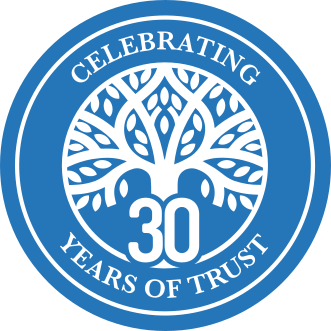

 English
English
 Tiếng Việt
Tiếng Việt



 Trung tâm Anh ngữ Apollo Việt Nam
Trung tâm Anh ngữ Apollo Việt Nam


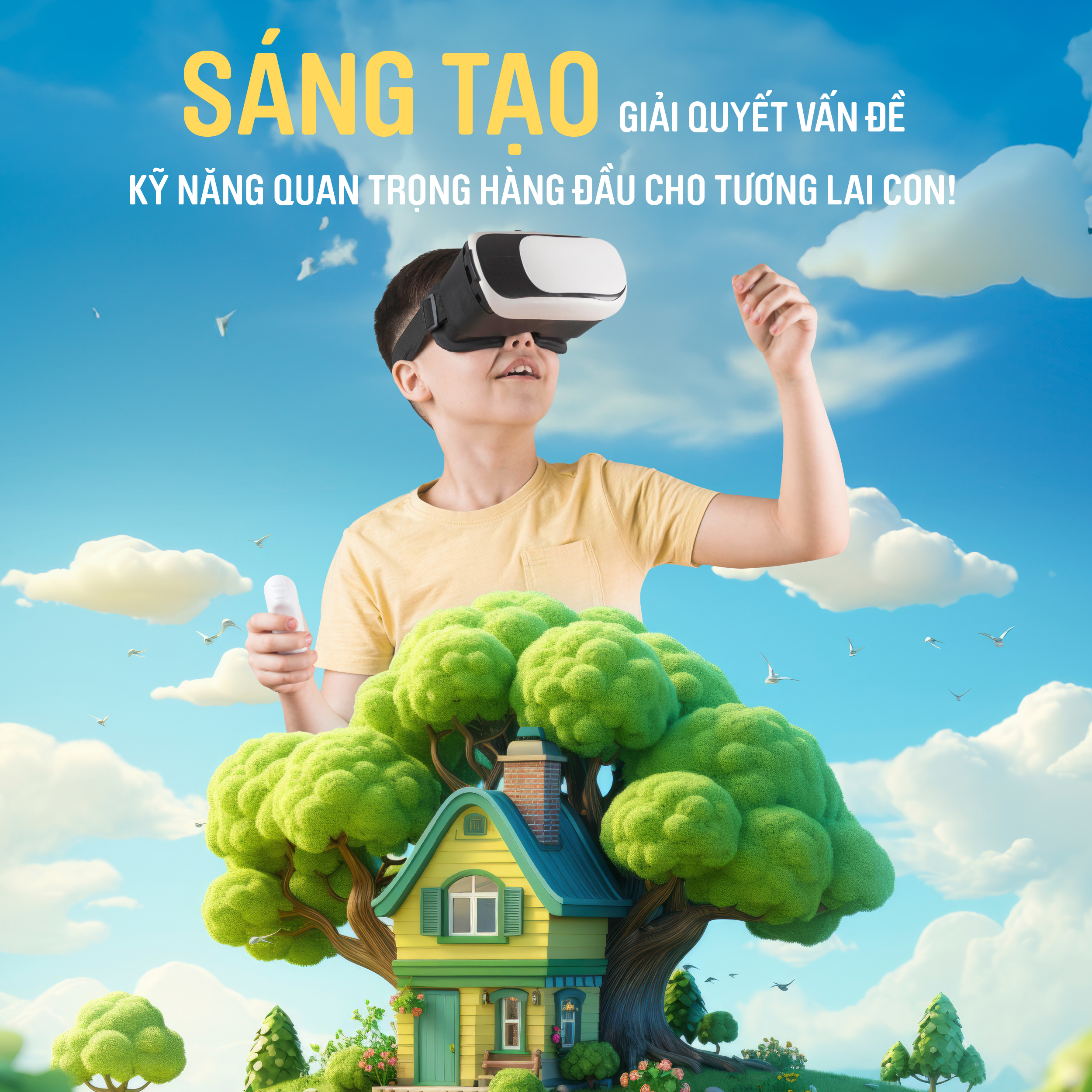
-miLvgkuA1rT13CGj.jpg)
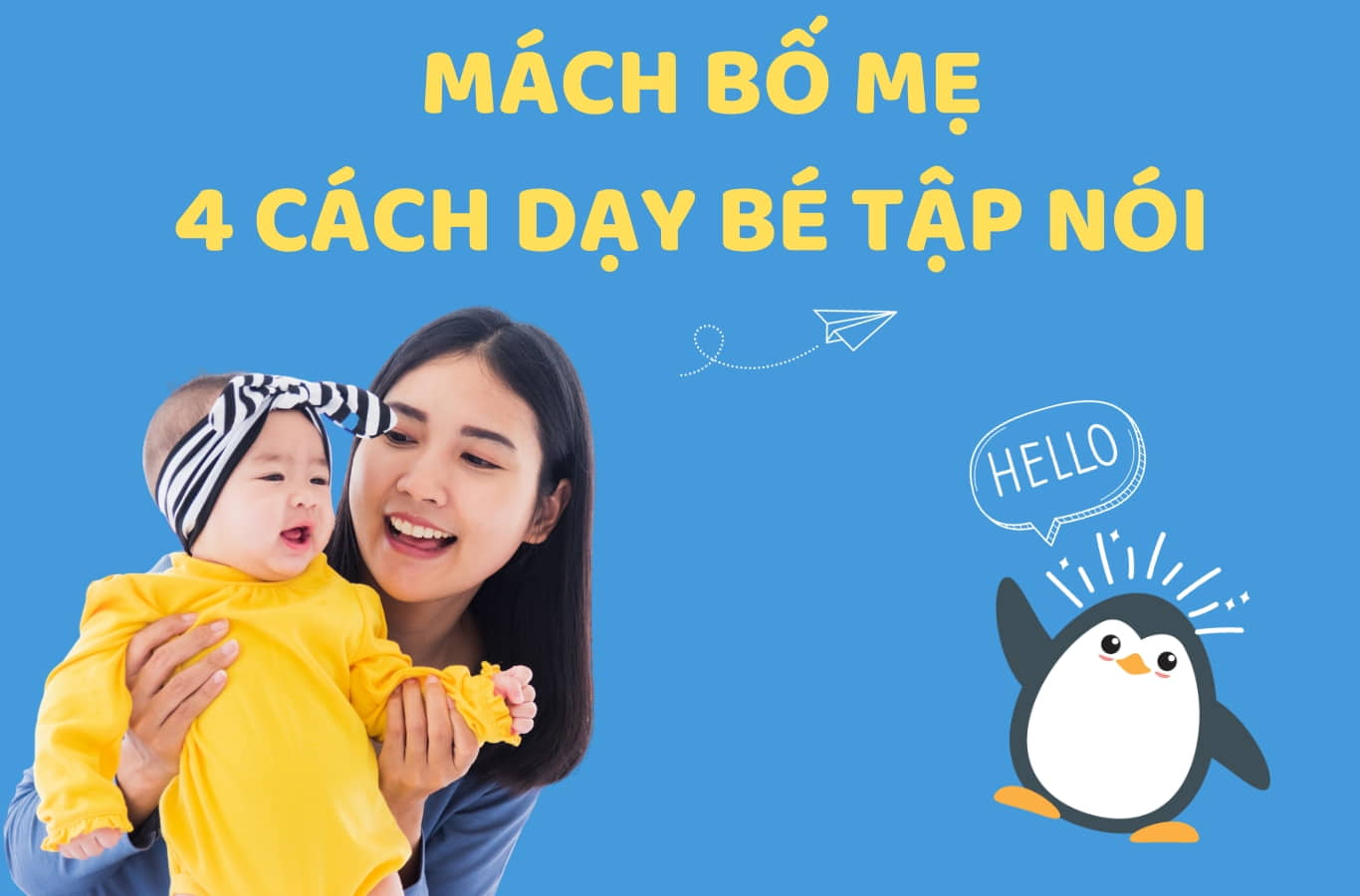
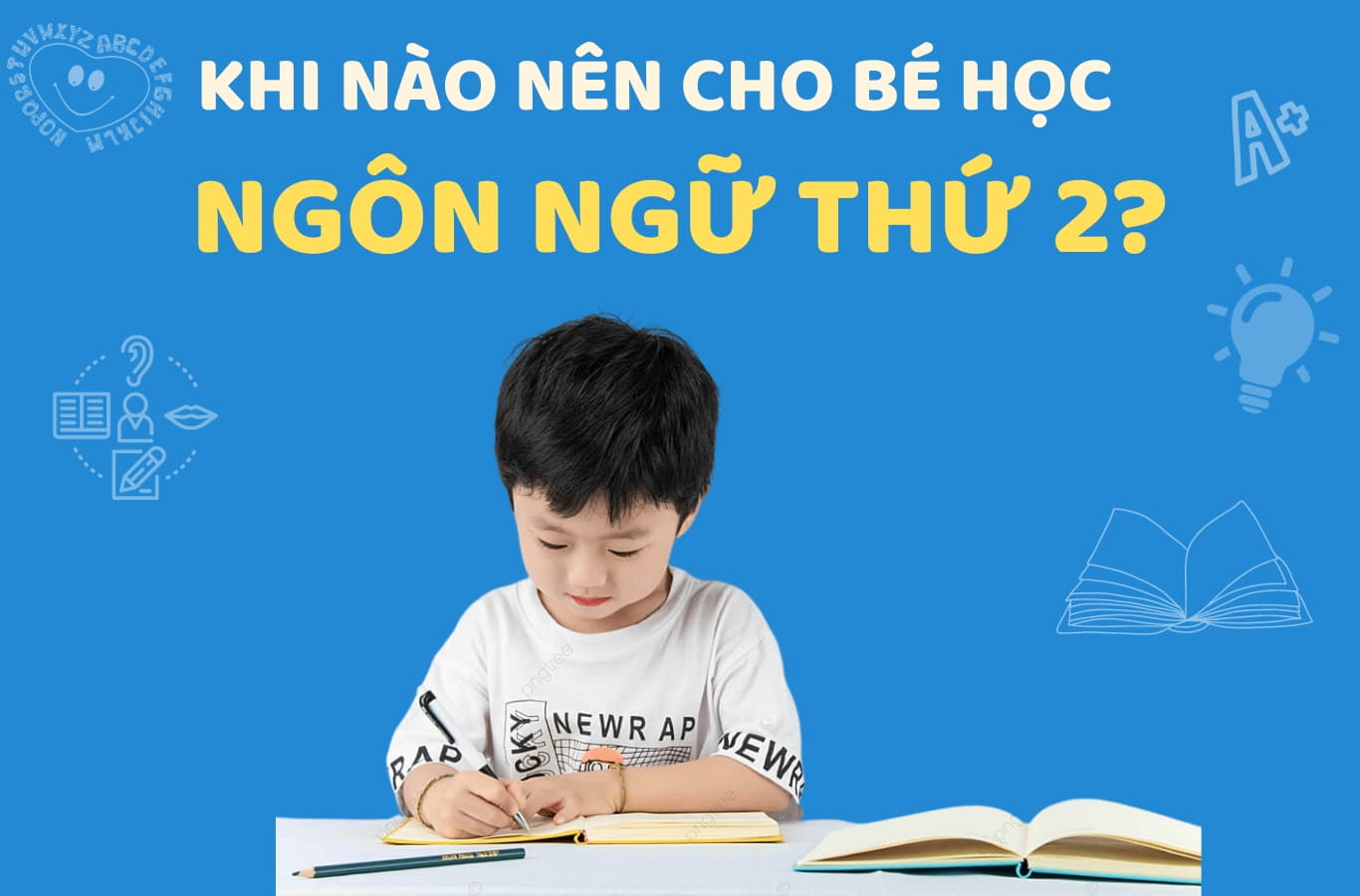
![350+ TỪ VỰNG TIẾNG ANH CHO BÉ THEO NHỮNG CHỦ ĐỀ QUEN THUỘC NHẤT [KÈM FLASHCARD]](/attachments/2023/12/tu-vung-tieng-anh-cho-be-M4HEgr4fSYlmqYF3.jpg)
